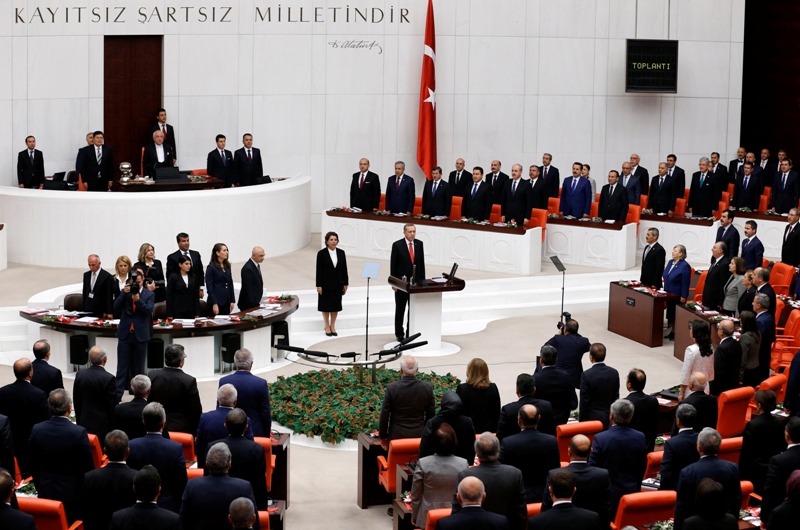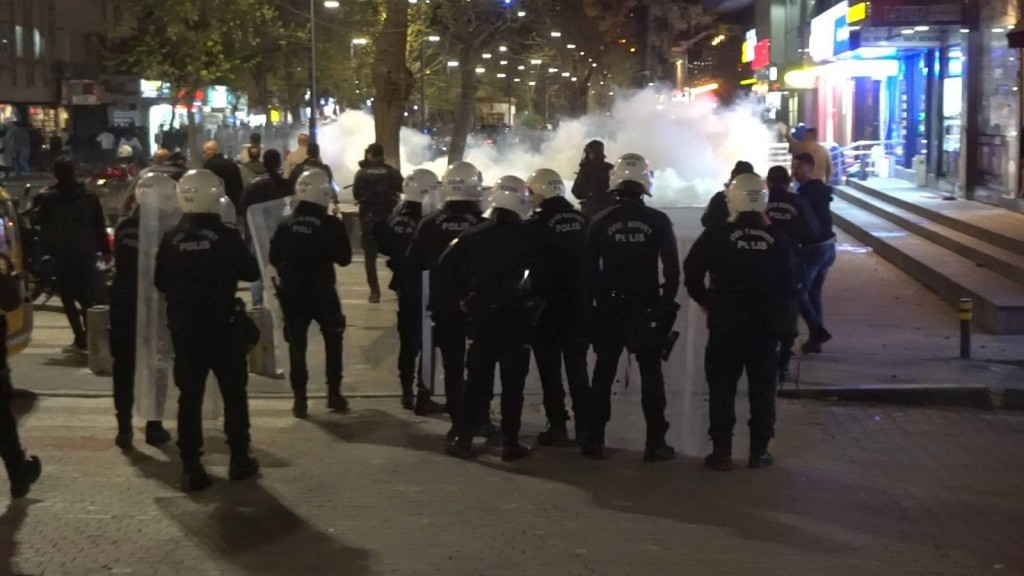Hurriyet Daily News reported that the ban, which is set to last until Dec. 27, was announced yesterday, days before two former ministers were set to present their defence to the parliamentary commission conducting the inquiry.
Hakki Koylu, the head of the commission and a member of the ruling Justice and Development Party (AKP), whose members dominate the commission, requested the ban in order to protect the rights of the four ministers, Reuters reported.
The four former ministers, all AKP members, resigned in December in the wake of revelations of a massive corruption probe. At least one, Erdogan Bayraktar, who served as Environment and Urban Planning minister, has alleged that the actions for which he is accused were performed at the direction of President Recep Tayyip Erdogan, who was prime minister at the time. The president, however, has claimed that the corruption investigation was part of a plot to bring down the AKP-led government.
IPI Senior Press Freedom Adviser Steven M. Ellis sharply criticised the order, predicting that it would likely harm the principles it was ostensibly intended to advance.
“This gag order, which seeks to pull a veil of secrecy over allegations of corruption, a matter of vital public interest, will undermine confidence in the rule of law and cast further shadow over democracy in Turkey,” he said. “And by preventing the public from learning about the former ministers’ explanations for their alleged actions, it will fuel rumour and breed further cynicism. None of these results serves those accused of wrongdoing or the people of Turkey. We urge those responsible to take immediate steps to end this ban.”
A number of media outlets in Turkey reportedly said the ban was illegal and pledged to ignore it. IPI’s Turkish National Committee issued a statement today in which it said the ban, which applies to all mass media as well as online outlets, constituted “censorship which is unexampled in the history of the Turkish Republic”.
Although the current ban is the most striking, Turkey’s courts in recent years have appeared increasingly willing to impose bans on covering certain topics. These include bans on covering the abduction of 49 Turkish citizens by the Islamic State group in Iraq in June, and reports that a border search in February of two trucks owned by the country’s intelligence service revealed weapons headed to Syria. In May 2013, a court banned coverage of a deadly bombing in the town of Reyhanli on the border with Syria.
Those developments were part of an overall trend that led IPI delegates on a joint press freedom mission to Turkey with the Committee to Protect Journalists from Sept. 30 to Oct. 2 to warn that an erosion of media freedoms threatened the country’s democracy.
In addition to the coverage bans, the delegates faulted “[g]overnment pressure – both direct and indirect – on journalists and media owners, a weakened system of checks and balances and a polarised political climate in which toxic, anti-media rhetoric is allowed to flourish”. The delegates also noted that some 19 journalists remain in prison in Turkey, many believed to be behind bars as a result of their work.
IPI plans to issue a report on the mission, which was a follow-up to a similar IPI press freedom mission to Turkey in December 2012.



